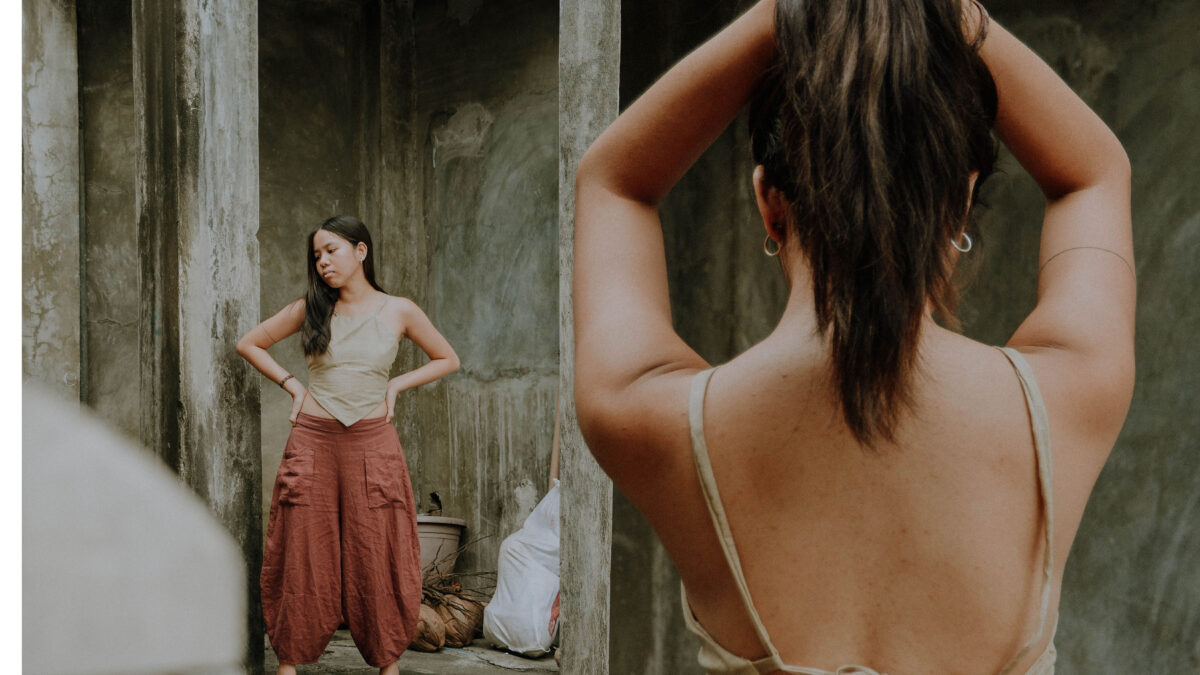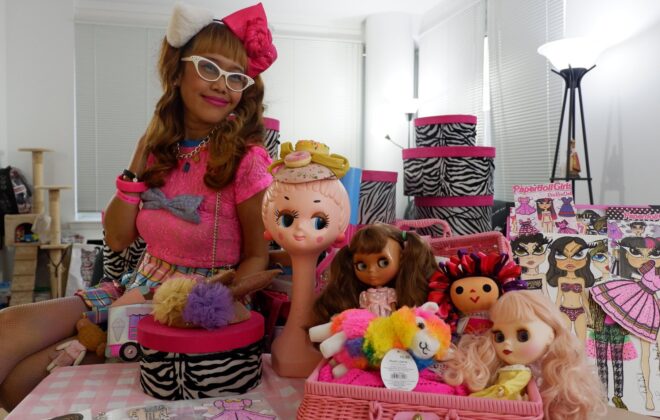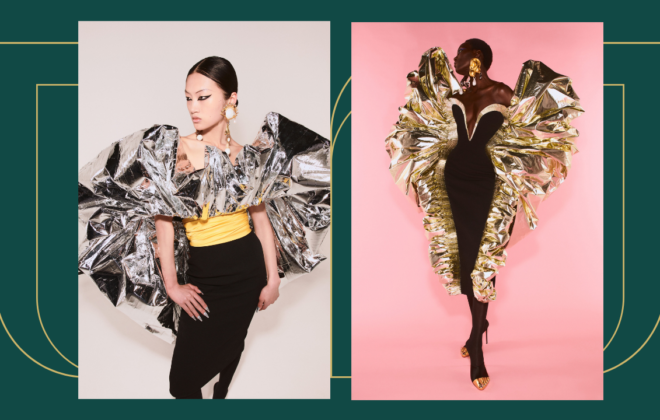Filipino-Founded Retazo Is Our New Fave Sustainable Fashion Brand
Sustainable fashion has been a hot topic for some time now. A lot of global brands have come up with their own ways to help our planet suffer less from non-biodegradable materials- from Tommy Hilfigers Swimwear collection made up of sustainable fabrics including recycled polyester, TUMI’s eco-friendly selection, to H&M’s Conscious Exclusive Collection.
In the Philippines, indie fashion brands that promote sustainability are popping up from left to right, as more and more style entrepreneurs are into saving the environment for the future generations to come. One of them is Retazo, a sustainable fashion brand based in Bacolod City, Philippines.
https://www.instagram.com/p/CERJOPnJXsu/
Giftee Luceño, brand manager and one of the designers, has talked with us here at Style Visionary Network about how Retazo is dedicated to help the society set a new standard and consider sustainability and eco-friendliness in fashion choices.
“We are composed of local designers and young artists from Bacolod City, Negros Occidental . We believe that we can be of help to our society and set new standards in the fashion industry through our small creative ways. Retazo is a startup brand that is geared towards helping the community and our environment. It’s about a movement to lessen waste by recycling fabrics and old clothes as much as possible.”
https://www.instagram.com/p/CDTFFeQJm3k/
The concept of creating the brand started from Carmeli Bantug’s idea, also a fashion designer based in Bacolod. According to Luceño, Bantug (who’s also her life coach) tapped her and her sister to think of ways to lessen fabric scraps from her shop. As a fashion enthusiast, Luceño was determined to make clothes and materials out of what she already had, and make new, beautiful pieces that can be used again.
https://www.instagram.com/p/CERopUCJzMS/
Aiming to promote locally made and environmentally conscious products, Luceño also discussed the bad side of mass production in the business of fashion.
Giftee noted that some of the production processes of the fashion industry today contribute to pollution. “Today’s fashion industry can produce excess materials that can pollute our environment, and then could harm our planet. Some fashion brands just keep doing mass production and sell it for a price that the people would easily buy. Then next thing you know, seasons are changing, trends are changing, then loads of clothes might just be thrown away by consumers.”
The brand manager also added that being conscious and educated when it comes to sustainable fashion has fuelled her passion to build a brand that prioritizes ethical values, promotes sustainability, and practices circular movement. She emphasizes that even with fabric scraps, you could make long-lasting clothes and accessories that don’t harm the environment.
https://www.instagram.com/p/CDsW4Vzptym/
https://www.instagram.com/p/CAktq9UJHNA/
Retazo‘s recent collection has featured the Retazo Top, a chic top made from old bed sheets and naturally dyed with onion skin. This creation has inspired the designer to not only limit the brand’s sustainable practices on fabric scraps, but also use some food wastes. They also have hair accessories like big scrunchies dyed with natural ingredients. The brand’s Retazo necklaces and bracelets, some products that were born and conceptualized during the lockdown, have been a hit.
https://www.instagram.com/p/CEBVJjNJlTx/
In the coming months, Retazo wants to further work on community involvement by sharing their knowledge about crafting to housewives, students, and other women that could benefit from the brand economically. They’re also planning to have more pieces that will highlight locally-made and 100% sustainable fashion offerings, and eventually expand to different parts of the Philippines.
For the past few decades, the world has been suffering from climate change– the increase of the world’s normal temperature and the extreme changes in weather patterns. According to the speakers of the UN General Assembly last year, we only have 11 years (now being 10) to stop irreversible damages and people need to start acting fast. As of April this year, the Intergovernmental Panel on Climate Change (IPCC) has calculated the fashion industry produces 10% of global carbon dioxide emissions every year and is also estimated to use around 1.5 trillion liters of water annually. We should be conscious of our purchases and make sure the way they were produced does not harm the environment. With sustainable fashion brands like Retazo, the fashion industry can still help our nature restore its beauty and power, and with smart consumer choices that you make, we can all join hands in saving Mother Earth.
For more information about Retazo, you may visit the brand’s Instagram page @retazoph.



